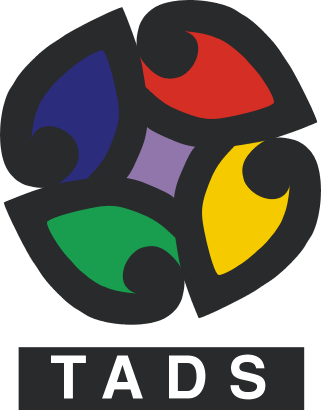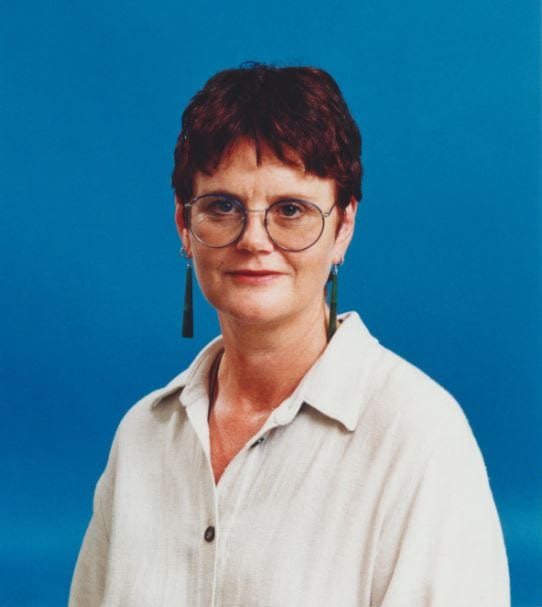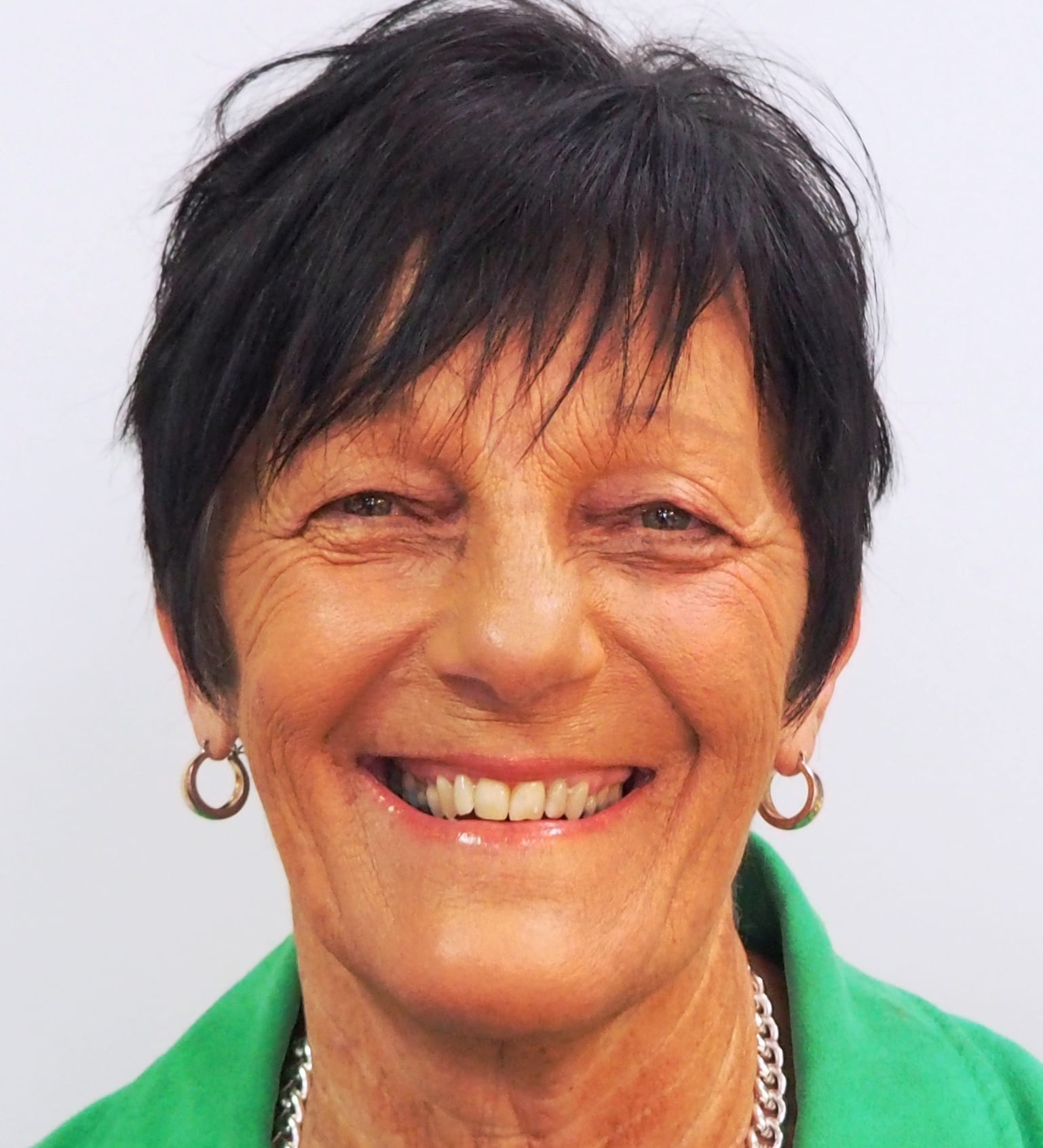The Tobacco, Alcohol and Other Drugs brief intervention training project, or TADS, arose in response to international concerns about the impact of alcohol on communities. In 1980, the World Health Organization Expert Committee on Problems Related to Alcohol Consumption called for appropriate systems to identify people at risk of alcohol abuse, and to instigate appropriate interventions.1
Consequently, in 1982, the WHO initiated their Collaborative Project on brief intervention. TADS formed part of New Zealand’s response to instigate early and brief intervention for people at risk of alcohol or other drug abuse.
In 1995, the Goodfellow Unit won a funding bid from the Regional Health Authorities to run the Tobacco Alcohol and Other Drugs brief intervention training project. The funding bid was a collaborative effort between Drs Phil Barham and Jocelyn Tracey from the Goodfellow Unit, Ross McCormick who was then an Associate Professor in the Department of General Practice, and Peter Adams, clinical psychologist and part-time lecturer at the University of Auckland.

The project aimed to address the identified barriers to GPs’ abilities to launch early and brief intervention into patients’ struggles with alcohol and other substances. These included the lack of organisation and supportive government policies, insufficient training, lack of funding, GPs’ lack of time, and intervention being deemed ‘too difficult’.2 Funding from the RHA enabled the Goodfellow Unit to employ staff to train GPs, practice nurses, and other health care providers to recognise drug and alcohol abuse and to implement early and brief intervention. This involved delivering short courses to primary health care workers on smoking cessation, recognising the signs of alcohol and other drug abuse, and on appropriate forms of intervention, among other topics.

Rose Lightfoot was employed with the Goodfellow Unit from December 1995 to December 1998. In 2006, she became the Rural PHO representative on the inaugural Goodfellow Advisory Board
In December 1995, Phil Barham and Jocelyn Tracey appointed Rose Lightfoot, a registered nurse with twelve years of experience teaching nursing at Te Wānanga o Whangarei and then at Unitec in Auckland, as the project manager. Rose remembered the interview in 1995 as ‘the very first interview that I’ve ever had that I really enjoyed’. She was ‘delighted’ to be was offered the position.3
Rose explained that the Tobacco, Alcohol and Other Drugs project aimed to establish ‘a really well built programme of introducing brief and early intervention and the options for getting people to address their issues of addiction with any of these substances’. Developing such a programme involved engaging with an advisory board, which included Peter Watson as the adolescent representative, Moira
The courses proved to be popular among general practitioners. Across the 1990s, the TADS project reached nearly 500 participants per year. By 2001, this number had tripled to nearly 1500 participants per year after it was heavily marketed to primary healthcare nurses.5 Rose attributed the high demand of the courses to the difficulty of managing alcohol and other substances, especially considering the limited GP consultation time.
Rose Lightfoot on working at the Unit
Considering the emotional intensity of the topics they covered, the course facilitators carefully planned the sessions to provide ‘light hearted but really pointed education’. They aimed to ‘improve the skill base of general practitioners and make it more effective and more enjoyable for them in the work that they were doing, so it was very much hands on with lots of interactions’. Rose cited the teaching quality of Goodfellow Unit staff as key factors in the success of the programme. She described her colleagues, namely advisor Jocelyn Tracey and course facilitators Bruce Adlam and Mark Shaw, as ‘all really innovative teachers. We tried to make all the classes and the options that we ran really attractive so we called them by crazy names. It was a lot of fun and we wanted people to enjoy coming and to get something that they could take away and put into place the next day’.6
Rose Lightfoot on TADS
While the courses primarily focused on GPs based in Auckland, they also took the courses on a ‘travelling roadshow’ to Dargaville, Hokianga, Kaitaia, and Whangarei, and hired local actors for the role-play scenarios. They engaged with wider community groups so ‘that there were people with expertise out there that each of the professional groups could draw on if they needed to’.
Rose left the Goodfellow Unit in December 1998, and encouraged Barbara Docherty, a registered nurse, to apply for her position. Barbara had completed her nurse training at the Mater Misericordiae Hospital in 1965. She had worked as a nurse practitioner in Auckland, had published a guidebook on nursing in general practice, and had contributed columns to GP Weekly and the NZ Doctor, among other avenues. She joined TADS in late 1998 to implement the third and fourth stages of the WHO Collaborative Project, which involved consulting with stakeholders and developing TADS into a national programme.
In 2000, the project extended to focus on reducing the ‘harmful effects of unhealthy behaviour’. In addition to tobacco, alcohol and other drugs, TADS also focused on gambling, physical inactivity, and mental health risks, among others.7 During an interview for the Alcohol Advisory Council of New Zealand in 2001, Barbara described their emphasis on ‘supporting and motivating patients to recognise and actively change present or potential problems related to substance use and abuse’.8

Barbara Docherty is the Director of TADS, which now stands for Training and Development Services
Barbara Docherty on TADS
Barbara described the Goodfellow Unit as a ‘Terrific foundation for something that was very new and needed to be recognised as a necessary type of training for GPs and other primary health care professionals’. They ‘had to reach out to the community and ask them what they wanted and bring it back and try and make it work. Rather than setting up an academic-type training and saying, “You need us”, it was the other way around. “We need the community, we need you, how do we make this work?”’9
Funding ended in 2005, by which time Goodfellow staff had trained thousands of health professionals in detecting patients’ misuse of alcohol and other substances and establishing appropriate forms of intervention.10 Since 2005, Barbara had continued the work in a private capacity, independent from the Goodfellow Unit. She is the current director of TADS, now known as the Training and Development Services.
- 1. Problems Related to Alcohol Consumption, Report of a WHO Expert Committee (Geneva: World Health Organization, 1980. ↩
- 2. Ross McCormick et al., ‘The Research Translation Problem: Alcohol Screening and Brief Intervention in Primary Care – Real World Evidence Supports Theory’, Drugs: Education, Prevention and Policy vol 17 no 6 (2010): 738. ↩
- 3. Interview with Rose Lightfoot, 21 November 2018. ↩
- 4. Ibid. ↩
- 5. McCormick et al., ‘The Research Translation Problem’, 739. ↩
- 6. Interview with Rose Lightfoot. ↩
- 7. McCormick et al., ‘The Research Translation Problem’, 738. ↩
- 8. ‘Focus on Tads’, Newsletter of the Alcohol Advisory Council of New Zealand vol 2, no 1 (2001): 11 ↩
- 9. Interview with Barbara Docherty, 1 February 2019. ↩
- 10. McCormick et al., ‘The Research Translation Problem’, 739. ↩
